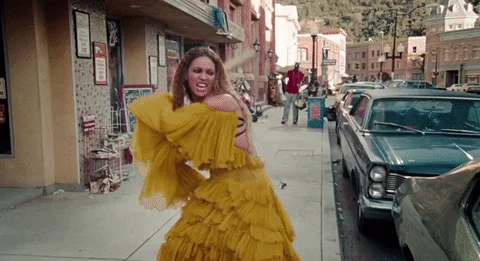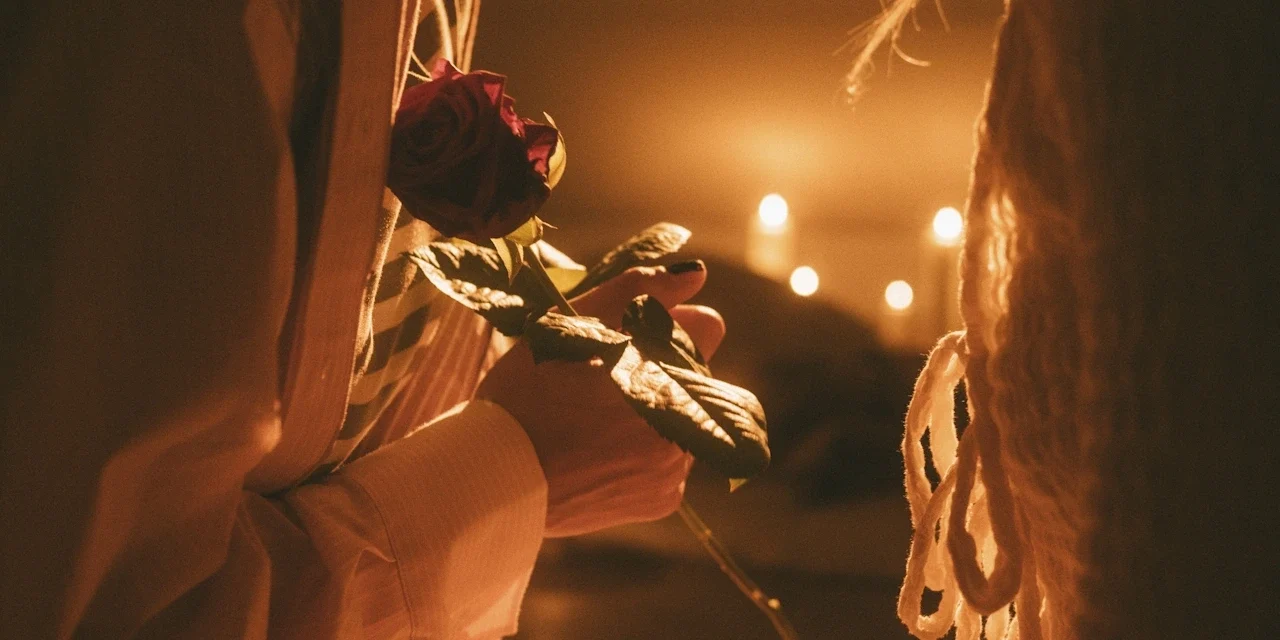Fire is purifying.
Table of Contents
Burning the bridge in symbolic fire is considered sacred in many spiritual traditions, in addition to being destructive. It is the alchemist, the great transformer. Agni, or fire, is the divine messenger in Hinduism, delivering sacrifices to the gods. Fire is a representation of strength, cleansing, and rebirth in both Wiccan and Pagan rituals. Even in Christianity, the Holy Spirit is referred to as a tongue of flame, signifying change rather than punishment.
In this way, burning a bridge is a ceremonial act. An announcement to the cosmos that you are no longer open to people, patterns, or suffering that take away your light. You’re throwing it in the fire out of respect for who you are, not out of retaliation.
Burning in truth is very different from burning in bitterness. It is purifying when it originates from the truth. In order for something more intelligent to take root, the energetic waste of betrayal, resentment, and confusion is reduced to ash in a process known as psychic composting.
Sometimes people don’t grow with you. And that’s okay.
Imagine Beyoncé walking away from the betrayal in Lemonade—not with vengeance, but with fierce, sacred self-respect. Not begging, not breaking, but choosing herself. Like in Hold Up and Sorry, she doesn’t just leave a man—she leaves the version of herself that tolerated the lies. It’s not rage for the sake of rage. It’s clarity, forged in fire.

Sometimes saving your soul means burning a bridge. It’s an act of remembering who you are, beneath the performative kindness, the trauma bonds, and the roles. Alignment, sovereignty, and grace are made possible by this sacred rupture.
Burning Bridges with Friends Who Lead You Away From Yourself
Burning the bridge isn’t about anger; it’s about choosing alignment. It’s about burning bridges with friends or lovers who want to change you. Sometimes walking away, sometimes firmly and without explanation, is a way to honor your growth. You’re not abandoning anything; you’re returning to your center, and you’re affirming that your peace is non-negotiable. Some bridges lead you away from yourself. Not all connections are meant to last forever. Some roles, jobs, or relationships feel like home at first, but over time, they pull you away from your values, your peace, or your self-respect.
How Burning Bridges with the Wrong Friends Brings You Back to Yourself
Burning The Bridge Is Sometimes The Beginning, Not The End.
Destruction creates space. It clears out what’s stale, stagnant, or suffocating. When you stop clinging to unworkable relationships or outdated versions of yourself, you make room for new, aligned connections. Healing is not about keeping every relationship intact. It’s about integrity—living in a way that reflects who you truly are becoming.
Sometimes, that means you stop explaining and simply leave. Sometimes, that means lighting the match.
Self-study, or svadhyaya, is a sacred practice that returns us to our true nature, sat-chit-ananda (truth, consciousness, bliss), according to yogic philosophy. But occasionally, we have to dispel the false beliefs we have about who we must be to come home to ourselves. The “bridge” turns into a link to an antiquated identity rather than merely a route between locations or people.
Peace doesn’t require permission.
When we set fire to the bridge, we aren’t running away—we’re burning through karma, releasing ourselves from entanglements that keep us in cycles of suffering, fear, or smallness. Think of it as you’re breaking open rather than breaking down. Make the smoke your incense. Allow the flame to instruct you. Let the ashes guide your rebirth.

Finding Authenticity-Building a Bridge Back to Yourself
1. Some Bridges Lead You Away From Yourself
Not every connection is meant to last forever. Some relationships, jobs, or roles feel like home at first—but over time, they pull you away from your values, your peace, or your self-respect. Burning the bridge isn’t about anger; it’s about choosing alignment. We’ve all stayed too long somewhere—at a job that drained us, in a friendship that quietly chipped away at our confidence, or in a dynamic where we were constantly shrinking to keep the peace. It’s common to confuse loyalty with self-sacrifice, especially if you were raised to be agreeable or to “not rock the boat.” But at some point, you realize: the cost is too high. That bridge—the connection, the situation—no longer takes you anywhere that aligns with your growth. You need to consider burning bridges. Maybe it once did, and that’s okay. People change, needs evolve.
Psychologists call this individuation—the process of separating from roles and expectations that no longer serve our authenticity.
This isn’t rebellion. It’s realignment.
Walking away—sometimes decisively and without explanation—is a way of honoring your growth. You’re not abandoning something. You’re returning to your center. And you’re affirming that your peace is non-negotiable. Additionally, you’re reaffirming that you won’t compromise on your happiness.
2. Not All Endings Are Meant to Be Tidy
We often romanticize graceful exits: mutual understanding, perfect closure, everyone hugging goodbye. But healing doesn’t always come wrapped in a bow. Sometimes the healthiest thing you can do is walk away with clarity, not closure. When conversations lead nowhere and explanations are misunderstood or dismissed, a strong and final boundary can be the most self-loving act. Burning bridges, in this context, is a way of clearing space—not to punish, but to make room for a life that honors who you’ve become.
Many of us were taught to aim for “closure” at all costs—as if every ending must be civilized, mutual, and well-understood. But life isn’t a scripted breakup scene from a movie. Sometimes the other person doesn’t understand your boundaries. Sometimes they argue, minimize, or gaslight; they are the person who can’t say sorry. And sometimes the healthiest thing you can do is stop trying to explain yourself.
In psychology, this is often where emotional boundaries come into play: the recognition that not every relationship needs repair—some need release.
Personally, I’ve had to walk away from situations where speaking my truth only made things worse. Eventually, I learned that I didn’t need to convince anyone of my right to leave. Peace doesn’t require permission.
It’s okay if the ending isn’t poetic. Sometimes healing means saying, “I love you, but I’m done,” and not waiting to be understood.
3. You’re Allowed to Grow Out of What Once Fit
Sometimes, you change. And sometimes the world around you doesn’t. The bridge you once walked daily may no longer support the weight of your truth, your voice, or your evolution. When you burn that bridge, you’re not destroying something good—you’re outgrowing it. There’s no shame in becoming too big for an old role or too aware for an old dynamic. That’s not betrayal. That’s blossoming. Burning the bridge is often a rite of passage into your next, more authentic self.
Just like we outgrow clothes, we outgrow versions of ourselves—along with the people, roles, and environments that were once a good match for who we used to be. This is a universal experience, yet it still surprises us. We feel guilt for changing, especially if others aren’t ready to change with us.
But evolution is not betrayal. Psychologists refer to this as self-actualization, a term popularized by Abraham Maslow. It’s the natural unfolding of our potential. And it often requires shedding the familiar to step into something more expansive.
I’ve seen this play out in my own life, especially after major inner shifts—sobriety, healing, therapy, or simply turning 40 and realizing I’m no longer available for certain dynamics. Sometimes people don’t grow with you. And that’s okay.
Burning the bridge isn’t a rejection of them—it’s an embrace of who you’ve become.
You don’t owe anyone the version of you they’re most comfortable with.
Is your friendship worth saving after toxic betrayal? Take this 15-question quiz and find out!

